a heavy loading in all the parameters against girls who have been brought up in the care system
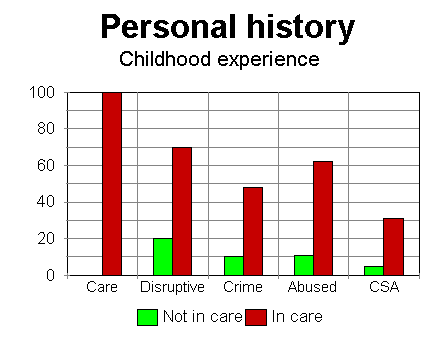
A third of pregnant schoolgirls are following in the pattern of their mothers - that means that two thirds do not Hence it is not so much teenage pregnancy that forms the cycle of trans-generational repetition - but the deprivation that fosters early childbirth

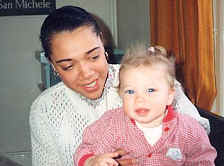
what is the mechanism whereby deprived circumstances lead to pregnancy? Emotional psychological issues are the vehicle.
Deprivation --> Low Self Worth
Deprivation lowers self worth and expectations and instils a sense of inability to achieve a positive future - parenthood restores self image raises expectations and provides a tangible achievement - a baby
This premise was tested out in the self esteem study conducted on the cohort of schoolgirl mothers including -
A self esteem measure
A 'deprivation score' looking at life experiences
A 'sexual' scale estimating degree of sexual experience or sexual trauma
Self Esteem Pregnancy partially protects the individual from threats to self worth but the effect is temporary
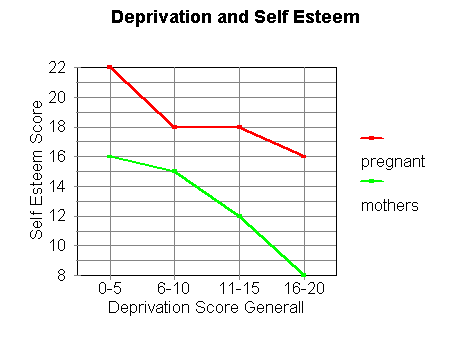
Girls who were more deprived, had lower self esteem but those who were pregnant were less affected by these adverse factors. Similarly those with adverse sexual experiences were generally more deprived and had lower self esteem measures. Again the pregnant girls were less affected.
Why is pregnancy such a potent source of self value?
In pregnancy a girl identifies with the ideal mother which she never had
and can never be.
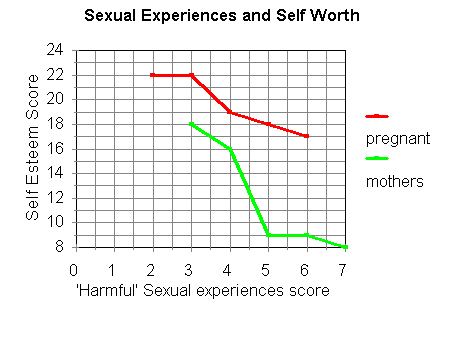
It would seem that pregnancy partially protects the individual from threats to self worth but the effect is temporary. By the time the child is two the harsh realities of life take their toll once more. The temporary nature of this boost to self esteem may account for repeat pregnancy, in an attempt to re-establish identity with the counter culture and redefine alternative dimensions of value.
Alternative Value System... Seen from the young girl's viewpoint, pregnancy may not be so undesirable. Certainly it brings heartache and hardship, the extent of which should not be underestimated, but for under-privileged girls with little education and non existent job prospects, motherhood is a fulfilment. With the birth of her baby a 'failed' school drop out, an unemployable misfit, becomes an acceptable member of society with a valued role - that of a mother. She is successful and out of her loveless world she has created her own baby who will love her.
We need to help her to identify instead with the ideal woman who has no need to be pregnant in order to achieve self value. An alternative solution must be offered. They must be given a different way of valuing themselves in order to ensure that, when they become pregnant, this is because they desire parenthood with all its responsibilities, hardships and joys and not merely as the only perceived escape from a catalogue of problems.
What psychological issues maintain this position? And why is provision of contraception alone not effective? The belief systems of our youth profoundly affect their motivations and responsiveness to preventive and educative measures
Parental, cultural and religious beliefs and myths form a basis upon which the more contemporary peer and media based beliefs are built.
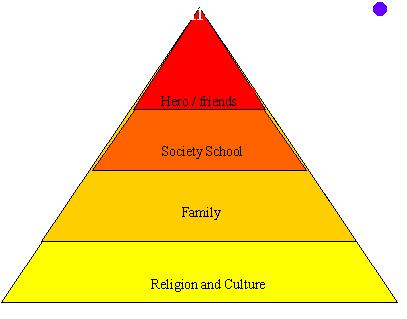
beliefs such as You can't get pregnant the first time or It's OK if you do it standing up can be confronted with factual knowledge such as '1 in 20 pregnant schoolgirls got pregnant as a result of the first time they had sex' and 'sperm can swim up hill'!
Intrinsic ideas with a high emotional content, a feeling of instinct and intuition and which may have no perceivable basis in current reality
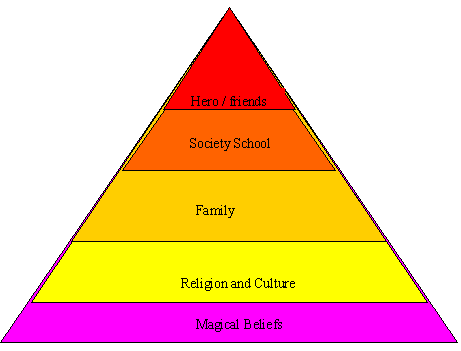
The answer to the question - Who am I? is difficult when it becomes Who are we?
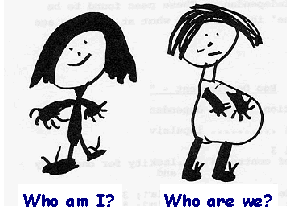
Establishing a personal identity can be an almost impossible task for a pregnant adolescent who suddenly finds that her identity is changing beyond her control, the little girl' has become a fertile woman. The role of mother is thrust upon her before she has established her own identity, hence the belief that she cannot get pregnant and the frequent denial of pregnancy. I knew about sex and how girls could get pregnant, but I never thought it would happen to me.
Belief in the impossibility of pregnancy can become a 'magical protection' like a lucky charm used against the evil eye 'well it won't happen to me' concrete reasoning cannot identify with the experiences of others believe fervently in the invincibility of youth
Teenage sexuality is profoundly affected by beliefs about control. Deprivation means you grow up without control of your circumstances so how can you have control of your body? This fatalistic adherence to an external locus of control leads to belief that they have no control over their bodies or actions, are not in control of when they have sex and they are unable to control whether they get pregnant. They are not responsible. Pregnancy is something which 'happens' to them. It is a matter of fate. The denial , the it can’t happen to me, the belief in the ‘autonomous womb’ that gets pregnant all by itself - a complete manifestation of the external locus of control.
Well, I knew someone was pregnant, but I didn't know it was me.
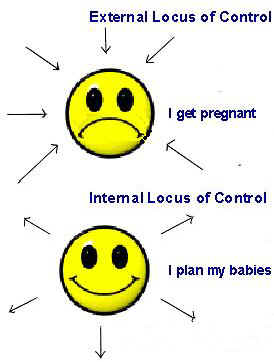
Inability to perceive the consequences of their actions or to accept responsibility for their actions leads to denying to themselves that they are having sex and girls convince themselves that if they do end up in bed with a boy, this is a 'once off' and not a regular happening. This denial is a protective mechanism. The belief is that unplanned sex is an accident. Nobody can be blamed for the occasional slip, for 'getting carried away', but premeditated sex is inexcusable. I never thought I'd be doing anything like that. I went to a party and I suppose I got a bit carried away, you know how it is.

